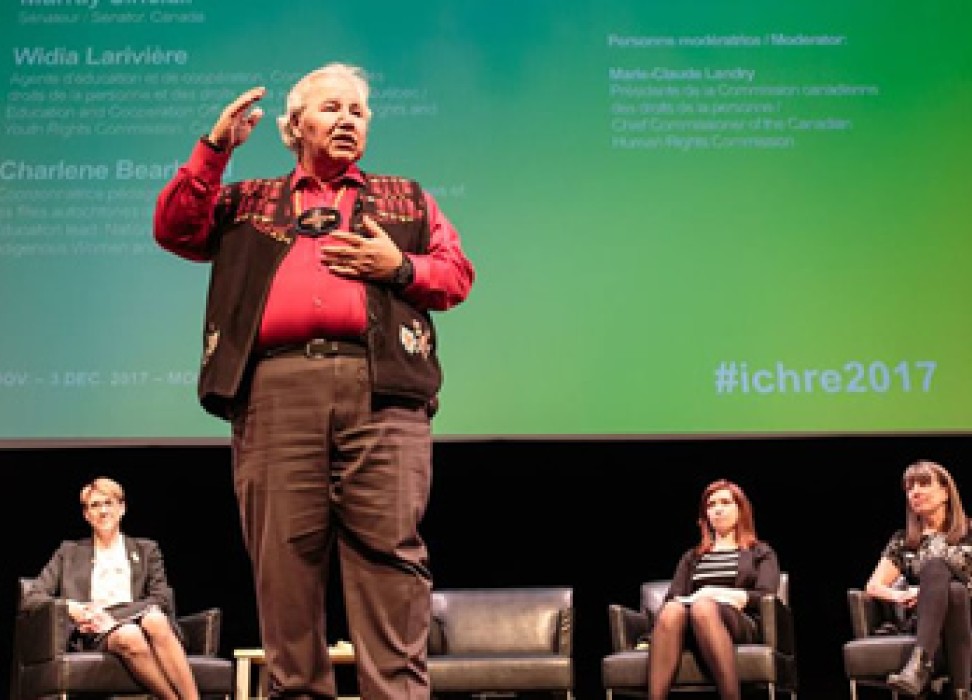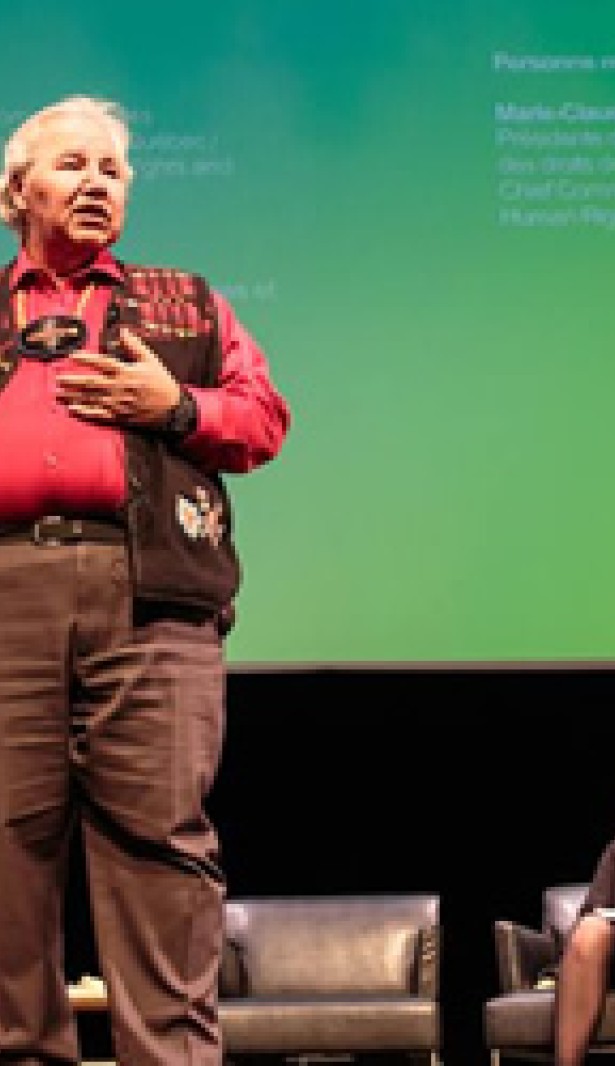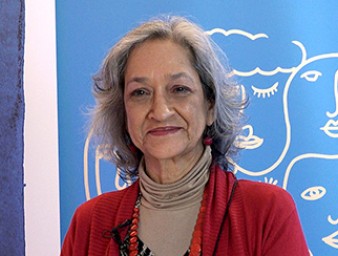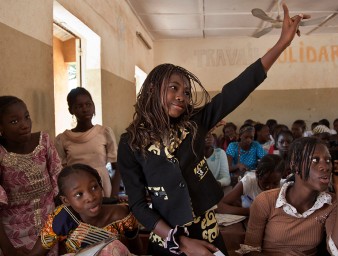Human rights education key to overcoming conflict and inequality
26 December 2017

In South Africa, a stark statistic gave rise to what will become a country’s most comprehensive embedding of human rights into the education system.
The figure was less than 10 percent, which represented the number of people who had actually read the South African Bill of Rights.
“There was a clear disconnect between the respect of the rule of law as embodied by the Constitution and the lived experiences of ordinary people”, said Katherine Liao, Country Representative for the UN Human Rights Regional Office for Southern Africa (ROSA).
To change this, the South African Human Rights Commission, along with government education agencies, various universities, the Council of Education Ministers and ROSA, developed a regional policy framework called Care and Support in Teaching and Learning. This project, which was three years in the making, integrates human rights in school curricula from grades 4 to 12 across the country. It will roll out countrywide next year.
“We are transforming society, securing rights and restoring dignity. For without human rights, there cannot be freedom. Without freedom, there cannot be development. Without development, there cannot be transformation.” said Mohamed Ameermia, of the South African Human Rights Commission.
As the world experiences more conflicts and inequalities based on ethnic, religious and socio-economic identities and differences, now more than ever, there is a need for approaches that promote understanding, respect, participation and inclusion.
“Human rights education helps people know their rights – so they can better claim and defend them, and encourage them to stand up for others,” said UN Assistant Secretary-General for Human Rights Andrew Gilmour. “At a time of backlash against human rights, such education and knowledge are more important than ever.”
Gilmour was the keynote speaker at a global conference on human rights education which took place recently in Canada. The event was co-organized by the UN Human Rights Office, Equitas International Centre for Human Rights Education, Concordia University, Université du Québec à Montréal, McGill Centre for Human Rights and Legal Pluralism and Western Sydney University (Australia).
More than 300 human rights education practitioners, scholars and defenders from across the globe discussed the different ways human rights education can make a concrete impact in today’s world. The conference featured keynote plenaries and hands-on workshops that highlighted how human rights education has made a difference in people’s lives.
In the last few decades, human rights education has made great strides, with an exponential growth in programmes and initiatives by governments and civil society, said Elena Ippoliti, UN Human Rights Officer. But the greater recognition of the critical role that human rights education plays in realizing just and cohesive societies still has a way to go, she said.
“We need to build on these achievements and upgrade our efforts, if we wish to address in a meaningful way the serious challenges to human rights we are witnessing in all regions of the world,” Ippoliti said.
26 December 2017




